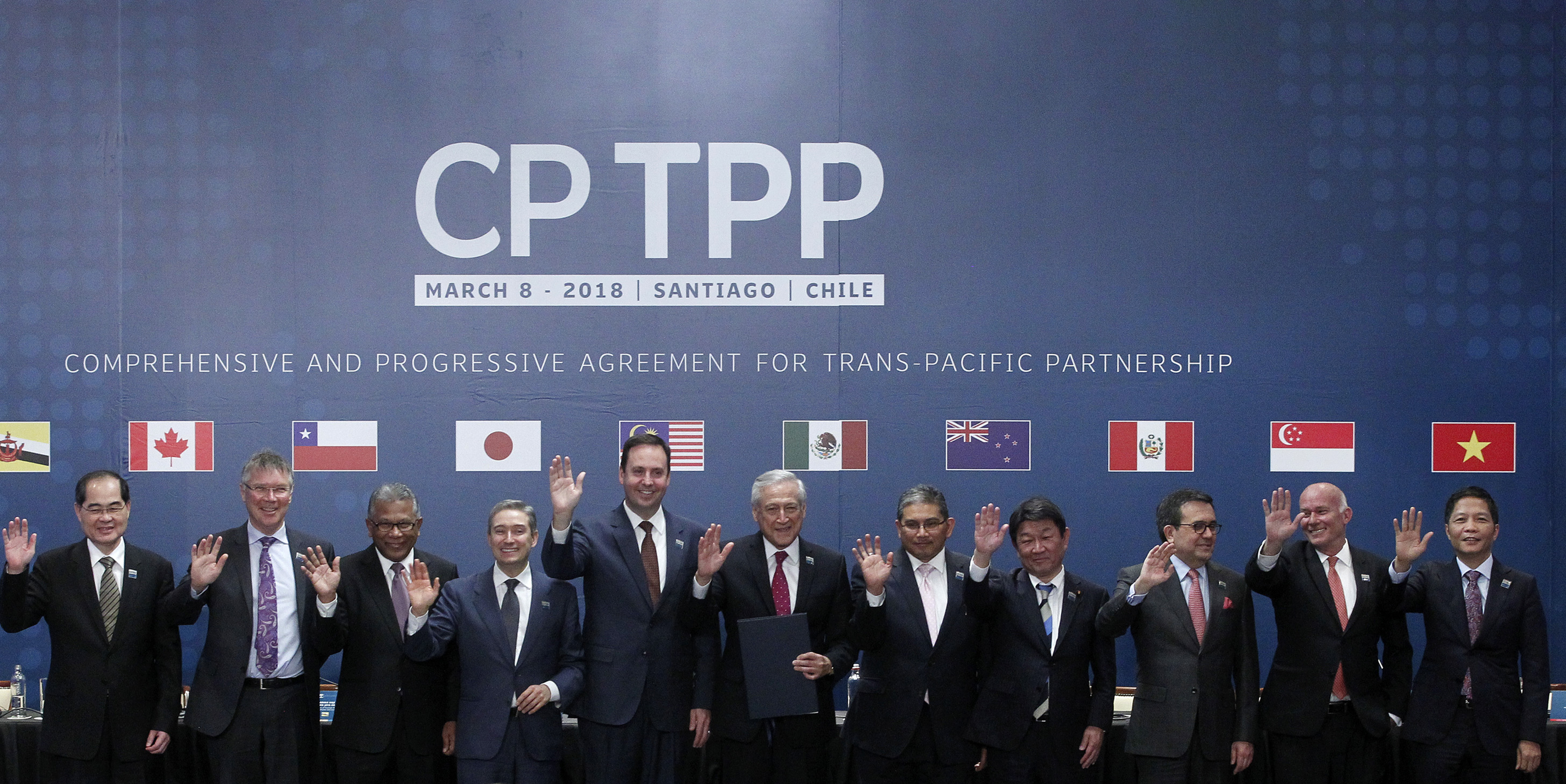The European Union (including the UK) used to account for some 30% of world GDP but now it accounts for about 15% (excluding of course the UK). Now Brexit Britain has joined a trade partnership which according to the World Bank could by 2050 account for 25% of world GDP.
While existing trade arrangements with other countries have been “rolled over” since Brexit and new improved relations with some countries have been concluded (eg Australia and New Zealand) the refusal of the protectionist/corporatist USA under the anti British Biden to conclude a free trade agreement has been a blow to Brexit Britain’s trade development. (Not that the terms would have been particularly favourable to the UK)
But now the United Kingdom has concluded a major (and genuinely free trade) deal with the Pacific rim countries in the CPTPP (“Comprehensive and Progressive Agreement for Trans-Pacific Partnership”). Given the comprehensive nature of the deal, covering the industrial, agricultural and services (tech, legal, digital and finance) sectors the freedom for UK industry is a breath of fresh air compared to the protectionist, cheating and politicised European Union which did so much damage to Britain between 1973 and 2021.
One of the country’s leading experts on world trade, Shanker Singham, CEO of Competere and a fellow at the Institute of Economic Affairs, has said that the nature of the CPTPP agreement makes it impossible to re-join the EU system.
“Admission to the CPTPP would not have been possible within the European Union…..It marks the point at which Brexit could not be reversed.”
Singham also made the point that the CPTPP membership was a shield against Chinese market distortions in the global economy. https://britmaxnews.com/brexit-no-longer-reversible-as-uk-joins-indo-pacific-trade-bloc-expert-says/
The “Comprehensive and Progressive Agreement for Trans-Pacific Partnership” now includes the following countries:
Australia
Brunei Darussalam
Canada
Chile
Japan
Malaysia
Mexico
New Zealand
Peru
Singapore
United Kingdom
Vietnam
and there is also the chance that the USA and Brazil might join in the future.
The UK enjoyed a trade surplus (because services exports were more valuable than the goods deficit) with the CPTPP while the annual deficit with the EU is £25bn.
In the CPTPP 99% of UK exports will be tariff free, benefiting especially cars, machinery, gin whiskey and dairy, while with the EU only 47% of exports are tariff free. The share of UK exports accounted for by the EU has fallen over time from 54% in 2006 to 42% in 2021 while, since the UK left the EU’s single market and customs union, the “red tape” has exponentially increased with the introduction of a hard border between the UK and EU. The present chaos at the port of Dover is a sign of the continuing problems.
Present UK exports to the CPTPP countries are: £60.5bn pa (to USA £160bn)
The CPTPP countries collective GDP is £11 trillion (compared to the EU’s £12 trillion) but the CPTPP nations are growing fast. According to World Bank estimates by 2050 the region will account for 25% of world GDP while the EU will account for only 10% and by 2050 over half of the global middle class will be in the CPTPP countries. In other words the potential is enormous.
The greatest advantage for the UK is free trade in tech, legal and digital services with a level playing field for service providers. (the EU never had free trade in services so the UK’s main strength could not be realised, indeed the EU did its best to stifle such trade, even attempting to entice legal and financial services from the City of London to Frankfurt and Paris)
So despite the best efforts of the UK’s enemies in the USA and the EU, the British Government has managed to pull off a game changing trade agreement, one which looks to free and competitive trade on a global scale where the legal structure and rules are fair and businesses can plan for the future.


















